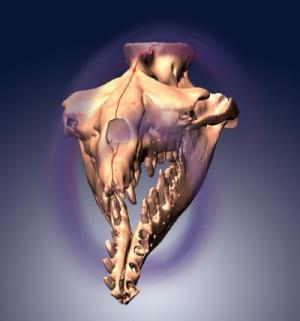The Fallacy of Creeping Omniscience
Yesterday, in his “Critics agree with Dembski” post, Eric Holloway raised the issue of a fallacy that is so significant in the design theory context that it deserves its own name: The Fallacy of Creeping Omniscience.
He provided a description that with some minor adjustments, can serve as a working definition:
It is commonly noted that when smart or educated or famous, or wealthy or powerful people or the like achieve expertise or noted success in a certain area, they suddenly think they are experts in many others, even when lacking the necessary knowledge. When listening to smart or educated or famous, or wealthy or powerful people, it is always wise to take this into consideration, and listen most closely to their opinions about what they’re carefully studied. (But, even on those topics where they have genuine expertise, we should note that no expert is better than his or her facts, assumptions and reasoning.)
It is always helpful to give a key example or two, and the now notorious NYRB 1997 clip from Professor Richard Lewontin makes a very good first example: Read More ›

